|
Moj, long standing Push speaker and content creator, looks back at what influenced his career path - and how he got to where he is today.
0 Comments
As Tiffany awaits her A-Level results she reflects on her time at school, and what she learnt the most... which wasn't always the conventional 'learning' you would expect.
Anisha shares what she has gained from volunteering for a substantial period time i.e. not just your here-and-there-Saturday-role.
Tiffany gives some good advice as to how to decompress and use the break from academia to catch-up on your favourite things that you might have missed during the end of term madness.
Anisha suggests that journaling is a good way to clear the brain of the 'clutter' it might have acquired - whether as a creative practice, or practical way to get ideas down.
How shaking off assumptions of what University would be like, lead her to a positive outcome for her educational journey.
As its Push’s 30th Birthday this year, we are doing a series of blogs from each of the Push team. We have a representative from each decade of age, which will nicely supply you with a historical progression of the educational / work landscape.
Inspired by her year abroad, Anisha shares how we might find learning another language beneficial and most importantly, easier...
How do you look after yourself during exam season... Tiffany gives some suggestions to avoid 'information overload' and the dreaded, to-be-avoided-at-all-costs - 'burn out'.
This year has been my first outside of formal education. From finishing secondary school and going to uni, I’m going to consider what lessons a dizzying year without being ‘taught’ is teaching me.
Transitioning to higher education entails facing academic, social, and personal challenges. Mr Sarwar Khawaja of the Oxford Business College, talks us through why building a strong support system, including college networks, is essential for success.
We hear from the team at Skills Builder Partnership about why strong skills are vital for effective communication and can help you guide your next career move.
National Careers Week is here and so is Tiffany to tell you how to find the right career path for you.
Our guest blogger, Phil Ditchfield, knew his passions - but how to find the right Uni course to suit?
Memories can be all the sweeter if we slow down and appreciate the moment... Anisha explains this can help with studying too.
Ping! Buzz! Zing! Too much phone time can have negative impacts. Tiffany discusses the effects our phones can have on our wellbeing.
It’s a new year, and you might have exciting new plans – perhaps you’re going to follow Tiffany’s advice and start a ‘passion project’ - but if you are hoping to go to Uni, perhaps you need to finish off your UCAS application, or maybe, you need to start it.
With the crispness of a new year, most of us rush to resolutions. Yet, perhaps a slower-can-do-attitude will work better?
As we step into the new year, it's the perfect time to set our sights on exciting endeavours and personal growth. You might not have heard of a 'passion project' before but after reading this blog post, you might consider bringing one to life.
For our second guest blog this month, Lily Meyers, looks closely at how music can help us study better. But perhaps singing at the top of our voices, isn't quite the way to go...
This month Anisha discusses the issues that arise once we leave the structure of school and find ourselves with more 'free' time on our hands. It is important to not get overwhelmed by what others are doing and trust in our own decisions.
After Green Careers Week last week, Minna Davies interviews Freddie Ireland.
Freddie is the Environmental Executive at Castle Rock Brewery, Nottingham, who tells Minna why having a Green Career is so important to him This month our guest blog is Christine Kinnear, CEO of With Insight Education. She explains the benefits of finding and keeping the right mentor, and how they can be the key to how you can excel in your chosen field.
|
This section will not be visible in live published website. Below are your current settings: Current Number Of Columns are = 1 Expand Posts Area = Gap/Space Between Posts = 15px Blog Post Style = card Use of custom card colors instead of default colors = Blog Post Card Background Color = current color Blog Post Card Shadow Color = current color Blog Post Card Border Color = current color Publish the website and visit your blog page to see the results Categories
All
We're always interested to hear from talented young writers, so if you'd like to feature as a guest author then hit us up for more details.
|
Student blog: What's new?
Author
Write something about yourself. No need to be fancy, just an overview.
This website uses marketing and tracking technologies. Opting out of this will opt you out of all cookies, except for those needed to run the website. Note that some products may not work as well without tracking cookies.
Opt Out of Cookies








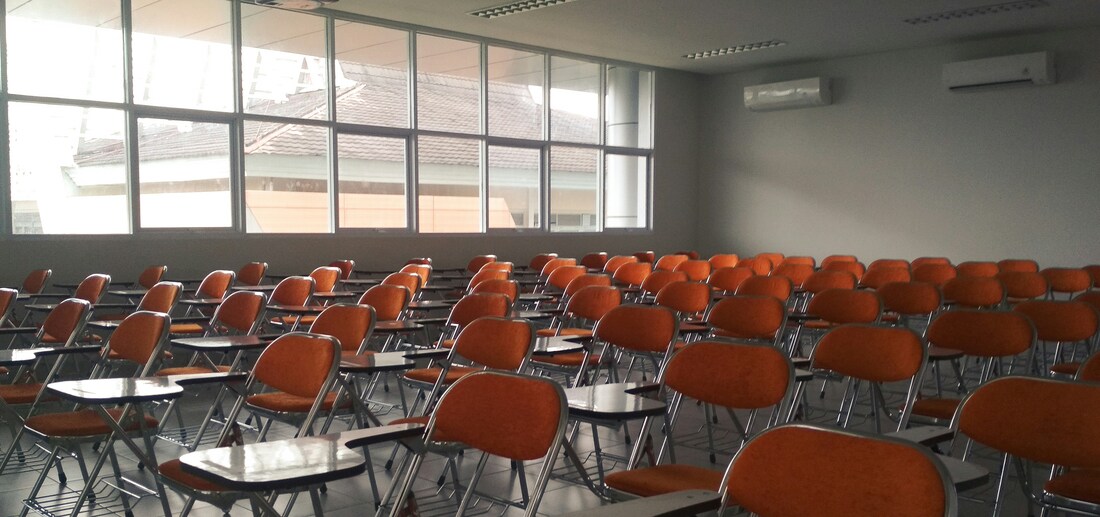
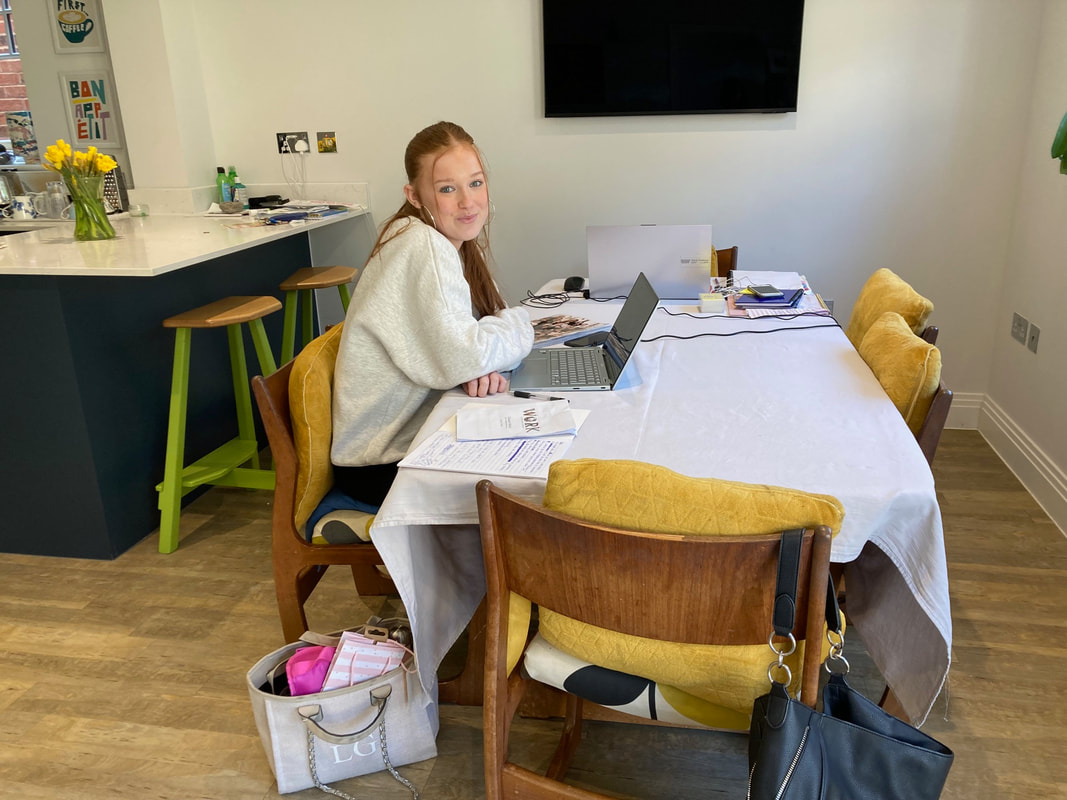
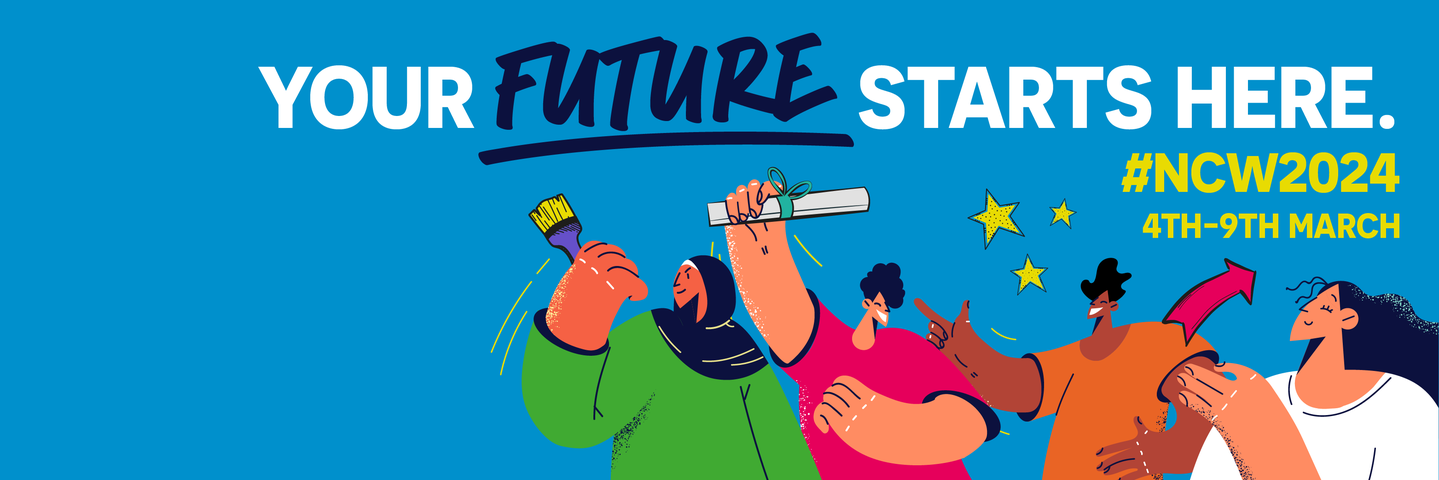

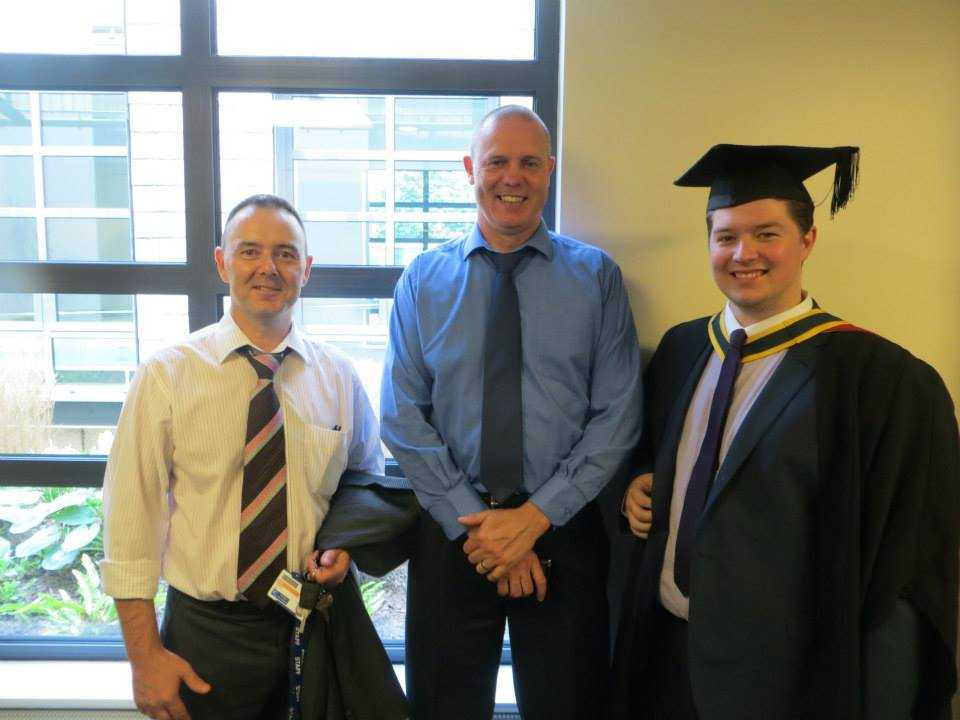





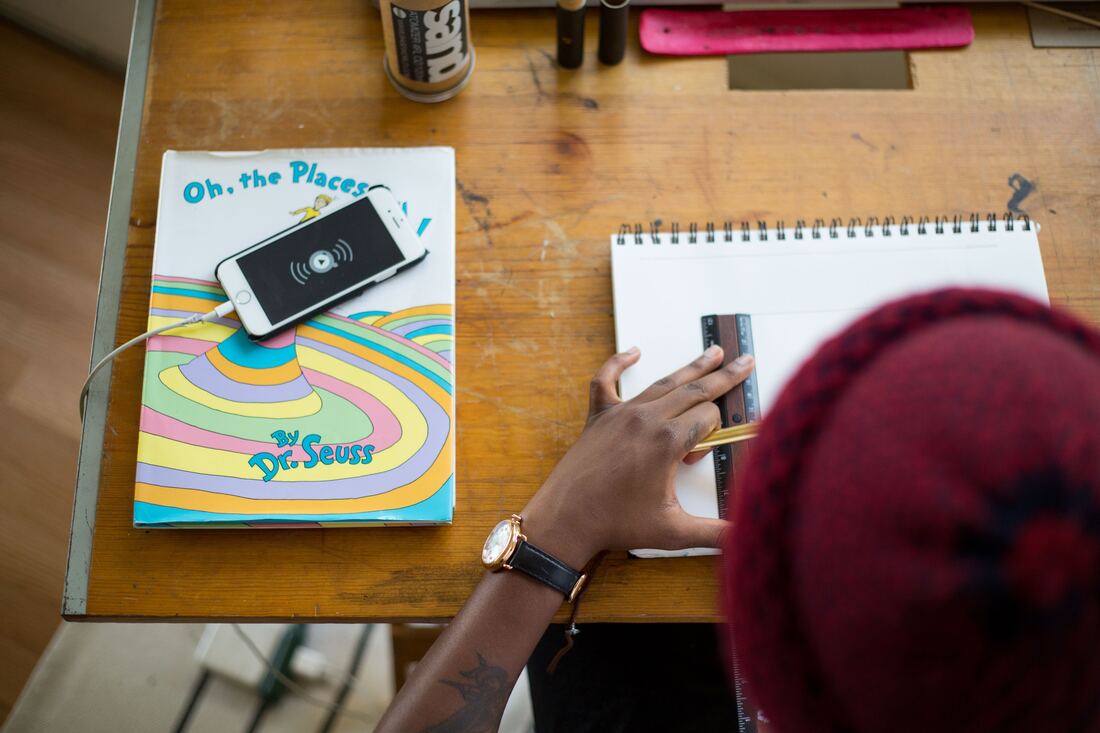
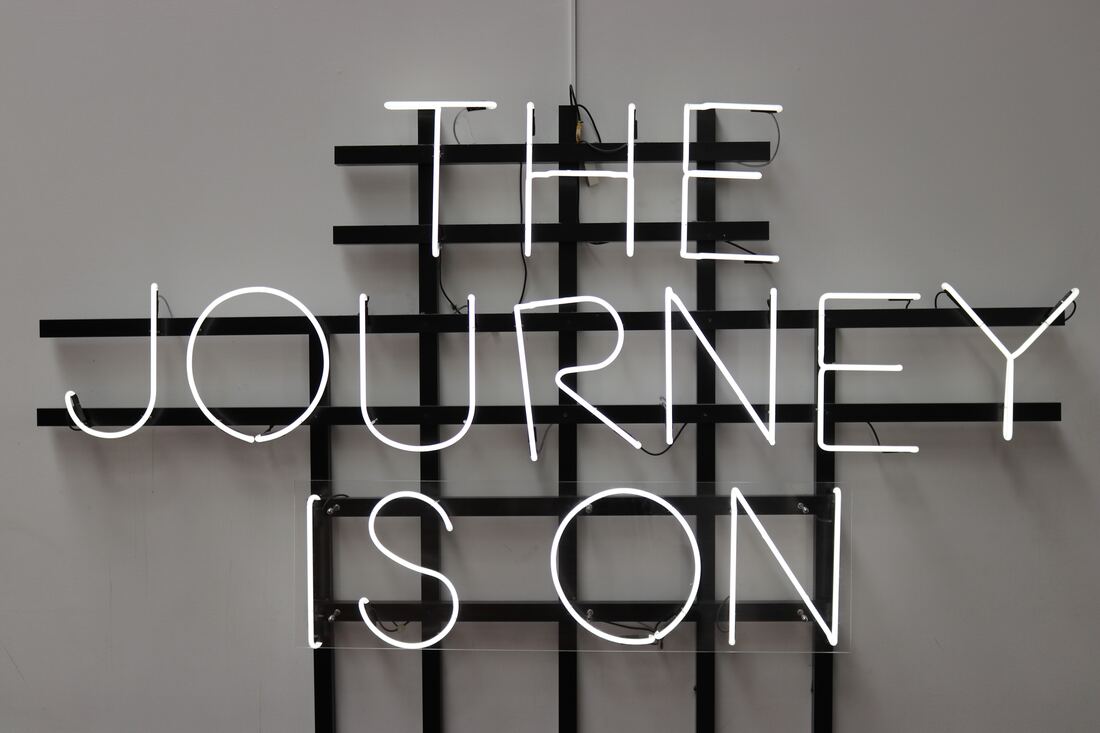

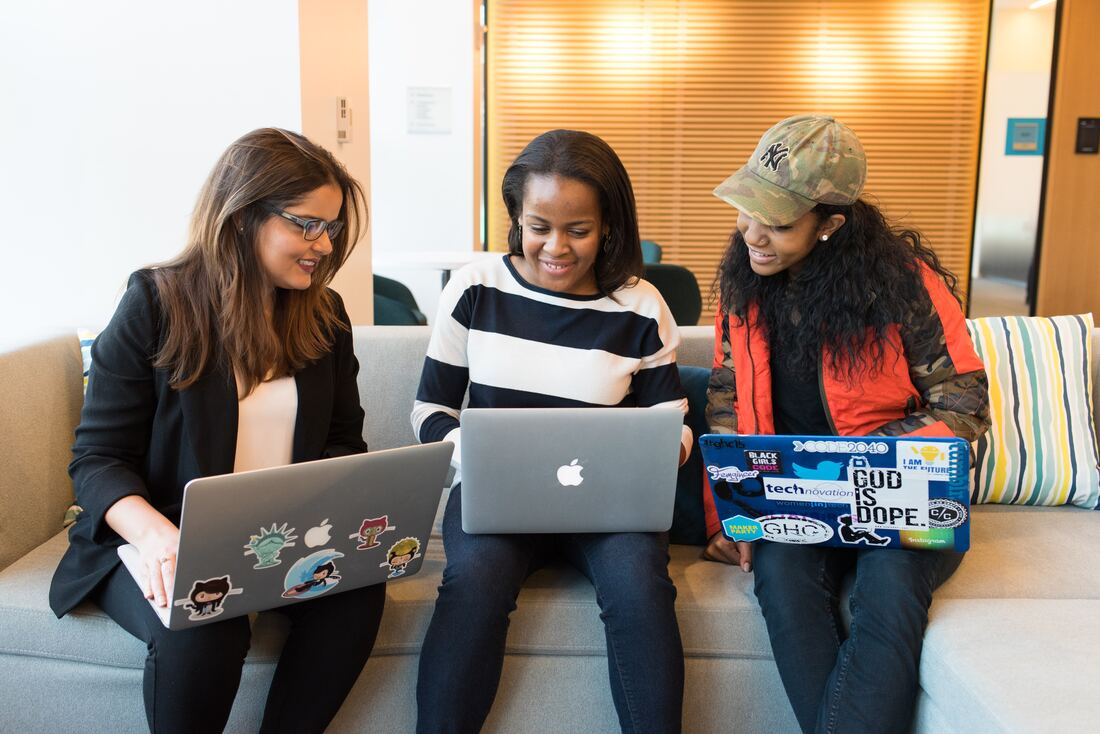
 RSS Feed
RSS Feed